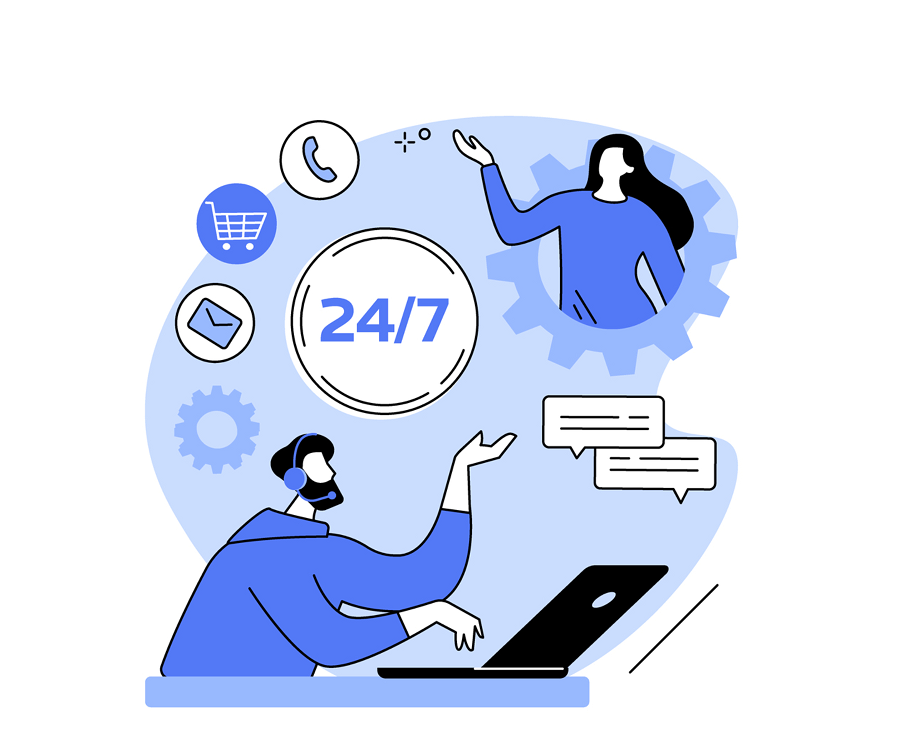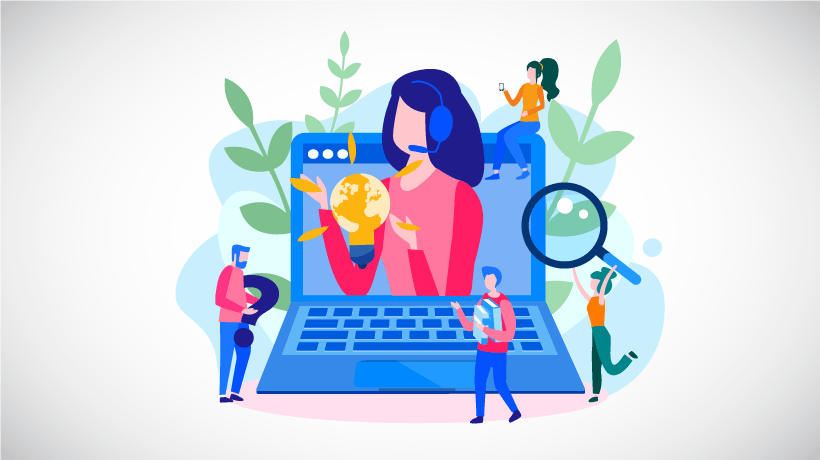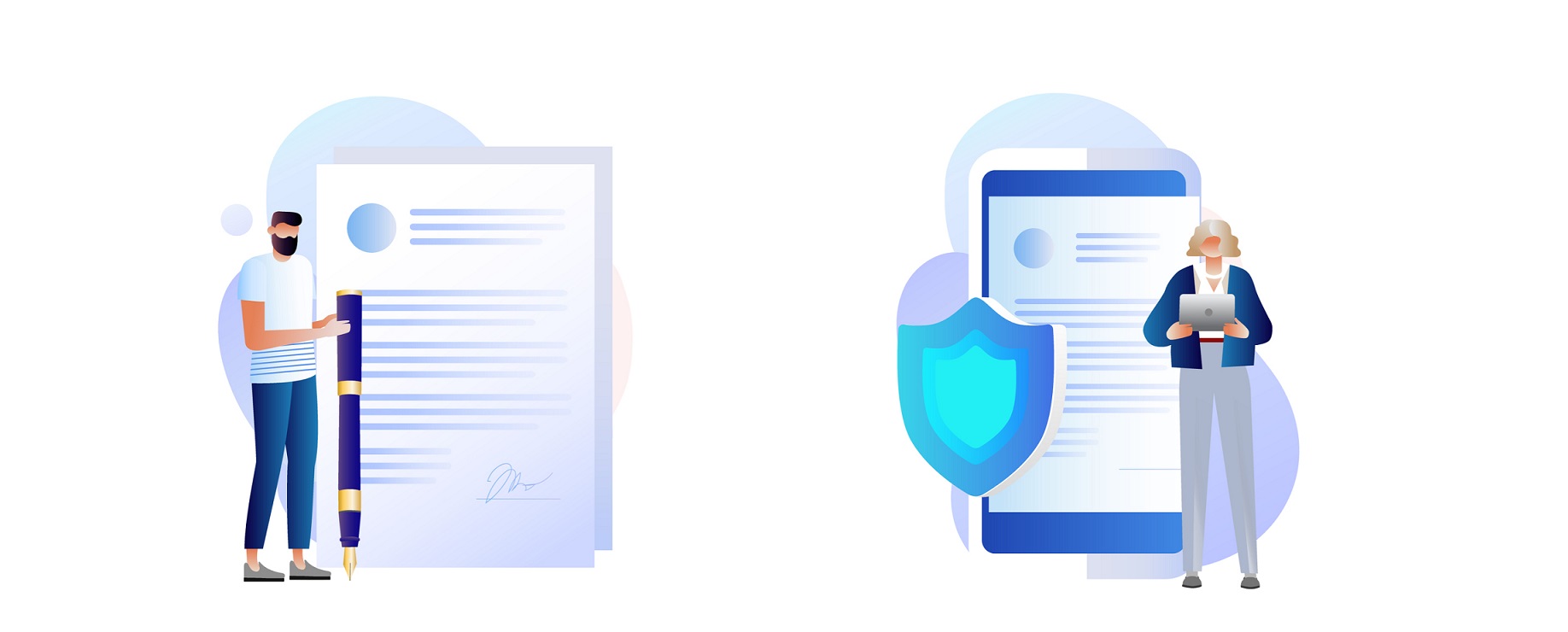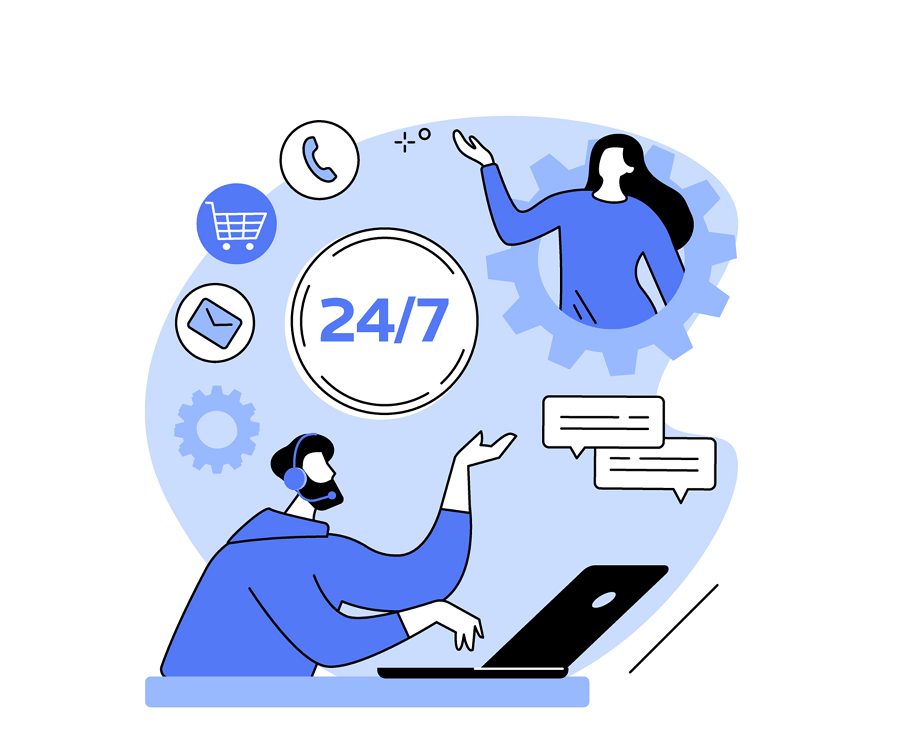
Customers have said it loud and clear:
They want more from the companies they buy from.
Speed and convenience are their prime concern, but customers are also looking for helpful agents, always-on support, and service over their favorite channels.
In fact, 90% of customers place a high value on the quality of customer service when choosing or remaining loyal to a brand, according to Microsoft's Global State of Customer Service report. Should those expectations fall short, 58% of customers show little hesitation in severing the relationship.
To meet customer expectations, companies must shift their mindset and priorities, together with their approach to customer service.
Where should businesses start, and what approach should they prioritize?
There's one particular approach has been helping companies attract new customers, boost retention, and increase sales: round-the-clock customer support.
In this post, we're going to go through the top three benefits of offering 24/7 customer support before we dive into the four best practices for providing round-the-clock support at your company.
Let's begin!
Benefits of Providing 24/7 Customer Service and Tech Support
Let us guess:
You read all about the changing customer expectations in the new digital-first world. However, you're still hesitant about implementing a 24/7 customer support system at your company, considering it's a huge financial investment.
If you're still unconvinced, here are the three most notable benefits of round-the-clock customer support that may dispel your doubts.
You'll Meet Customer Expectations
Customers want instant service day and night, regardless of the cost of the product or service they're buying.
They want customer service that's quick, easy, and effective. They want the option to communicate over whatever channel they choose and don't want to repeat the same information repeatedly.
Here are some important stats you need to be aware of:
- 90% of consumers say "immediate" response is critical when they have a customer service question.
- Two-thirds of consumers say that having to wait on hold and repeating the same information to multiple representatives are the most frustrating aspect of getting customer service.
- 80% of consumers say they’ve stopped doing business with a company because of a poor experience.
Millennials and GenZers are the hardest to impress as they have much stronger opinions on good customer service. If a business doesn't meet their expectations, they're not scared to jump ship.
By offering 24/7 customer support like AI chatbots and self-help knowledge bases, your business can meet customer expectations and ultimately drive growth.
You'll Reduce Costs and Improve ROI
Delivering exceptional customer service has a high ROI potential.
Studies show that 93% of customers are likely to make repeat purchases with companies that provide great customer service.
What's more, customers tend to spend more with companies that:
- Offer their preferred option to reach customer service.
- Provide a personalized customer experience.
- Allow them to find answers online without contacting a live agent.
Using technology like automation and AI also has a very high ROI. Bots can respond to customers' inquiries at all hours, create a ticket for the agent to pick up once their shift begins, and guide customers to a knowledge base or a FAQ center. In fact, it's much cheaper to have customers solve their own issues than to have them talk to a live agent. A do-it-yourself interaction costs a few cents, while the average cost of a live service interaction is $7 for B2C companies and $13 for B2B companies.
You'll Minimize the Workload on Customer Service Agents
Ticket volume is increasing in all industries across all channels, and the trend is expected to continue. Some companies predict that there'll be a 25% increase in customer engagement in the next two years.
Although customer engagement is good, a higher volume of tickets can easily lead to overworked customer agents with heavy workloads. Agent satisfaction directly affects the level of customer satisfaction. When agents are overworked, the length of time it takes them to resolve a customer issue increases, further leading to customer frustration.
Tools like AI-powered chatbots and knowledge bases can help ease the burden of customer support agents. Agents will avoid getting burned out, while customers will have a better experience overall.
4 Strategies for Providing 24/7 Customer Service & Support
The benefits of embracing 24/7 customer support are plentiful and clear. Not only will you exceed customer expectations, but you'll also improve your ROI as satisfied customers tend to spend more.
Every business is different, and the best strategy for offering 24/7 support for you depends on factors like your customers' preferences, budget, and specific needs.
That being said, here are four strategies to consider.
Empower Customers to Find Answers Independently With Convenient Self-Service Options
Self-service customer support involves providing support for customers who want to find the solution to their problem on their own instead of talking to a customer service representative. Self-service caters to customers' needs: customer service that's quick, easy, and effective.
A 2017 study by Harvard Business Review found that 81% of customers prefer fixing their problems on their own before they contact a customer support agent.
Instead of waiting in line to talk to an agent or being transferred from one channel to another, customers are redirected to self-service options like a knowledge base or community forum where they can look up answers to simple support questions.
Let's talk more about the most common type of self-service software: knowledge bases.
A self-service knowledge base is a self-serve customer service library that contains educational content about a product, service, or topic. It's a part of a company's self service portal or website. Here's what it can look like:
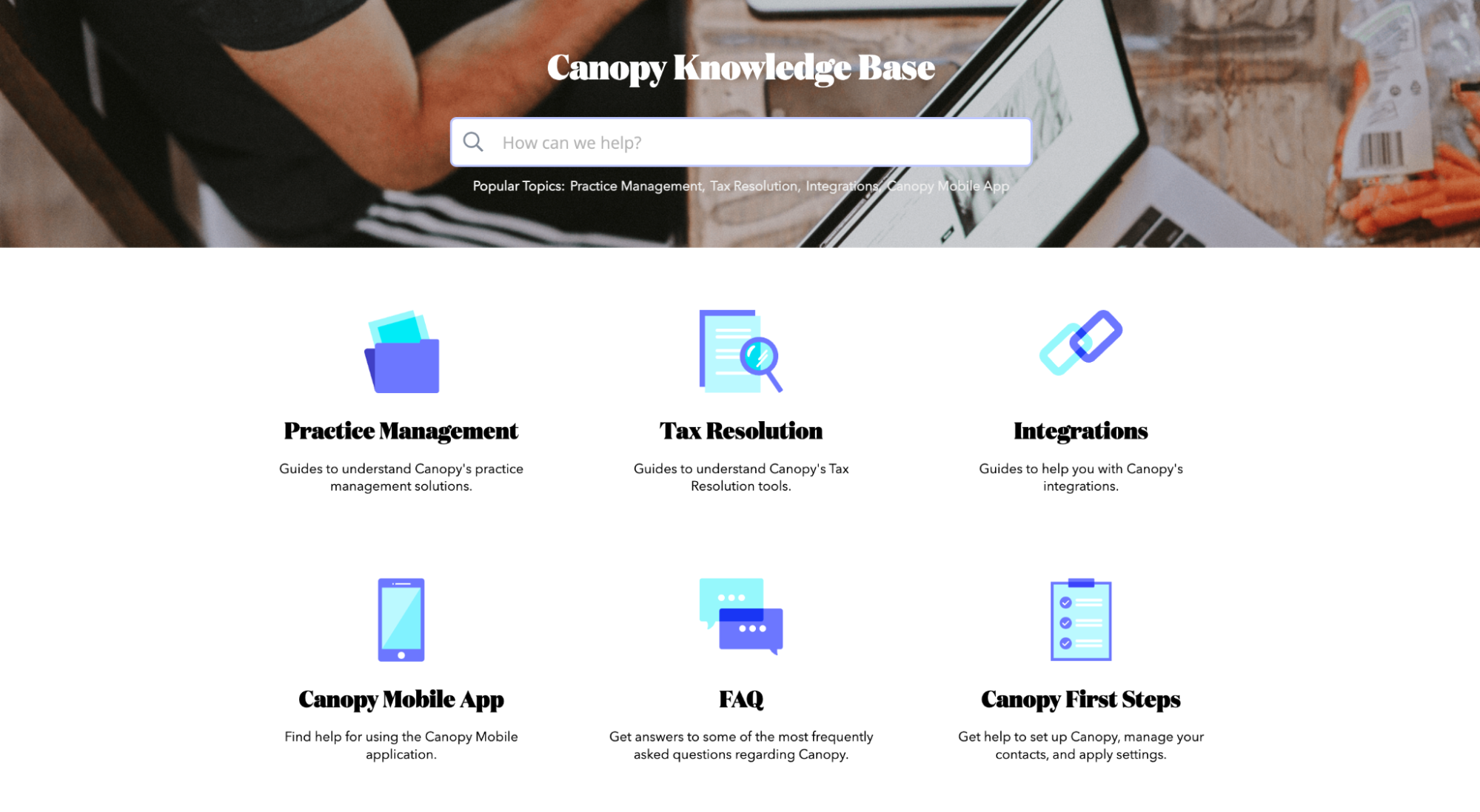
Knowledge base software allows customers to quickly find answers to a product-related question, get step-by-step directions for using/troubleshooting a product, or learn more about a company's offerings.
Let's say a customer gets in touch with a customer support agent with a problem. Instead of typing the answer to the question themselves, the support agents can simply redirect the customer to the knowledge base by sending a link to the corresponding help article.
When creating an effective knowledge base, you want to make it easy for customers to find their way around and not get frustrated navigating the help articles. Consider installing a search bar in your knowledge base to make it easier for customers to find the correct information quickly.
The key to creating an effective knowledge base and knowledge content is to invest in the right software for your specific needs. Helpjuice is an industry-leading tool for creating internal or external knowledge bases. Its simple, easy-to-use interface allows teams to create content and put together the knowledge base within minutes.
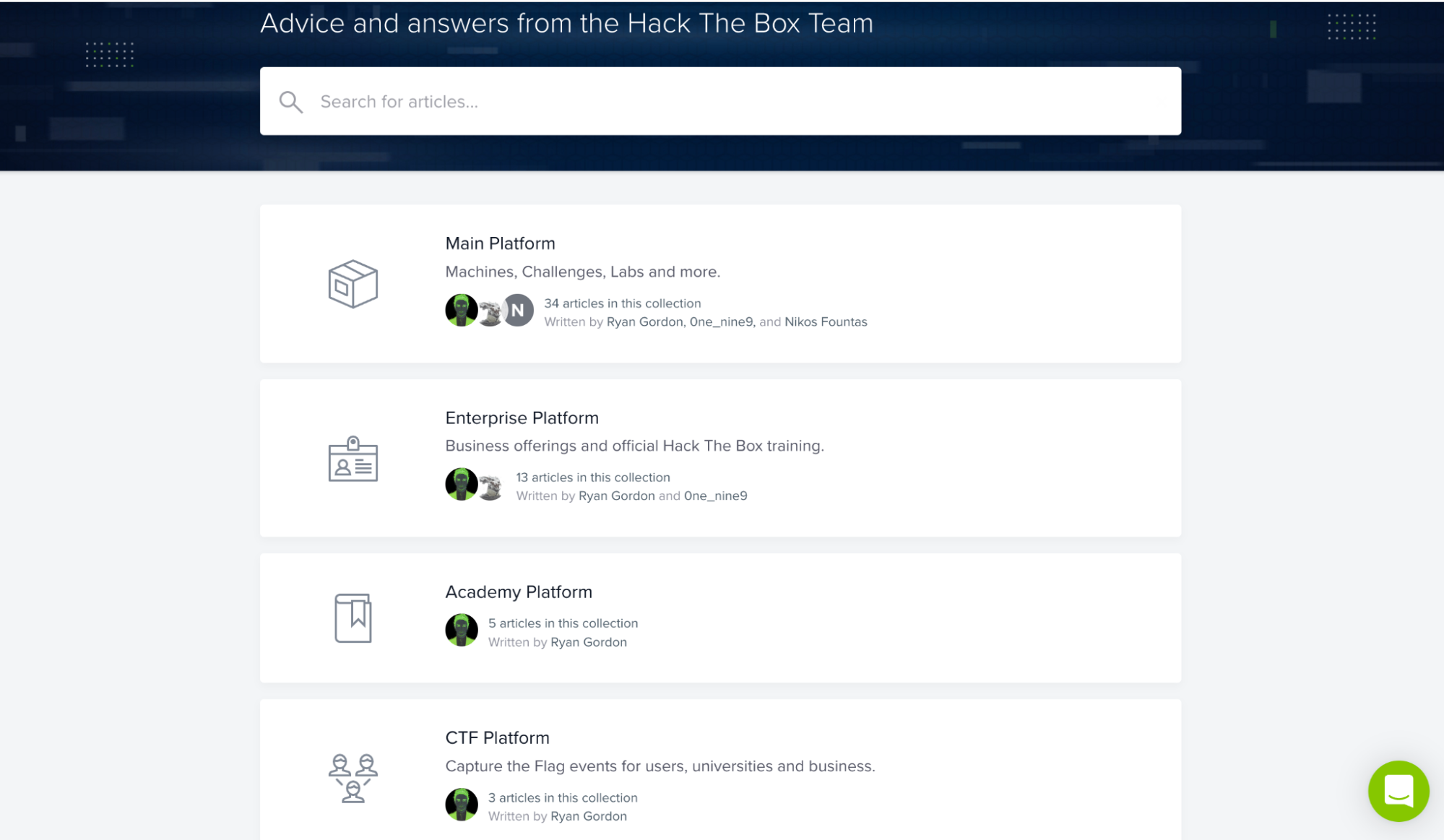
Automate as Much as Possible to Provide Instant Customer Service
Automating customer service allows customers to fix problems independently without contacting a live agent. Like knowledge bases, automated support systems provide 24/7 customer support 365 days a year. In addition to being available at all times, automated support systems are also more cost-effective than live agents.
Automated customer service is fast, convenient, and gives customers a sense of autonomy to help themselves. It can reduce the workload of your customer support team by handling simple, repetitive tasks and directing tickets to the suitable department. Your customer support agents will have more time to dedicate to customers who need a solution to more complex problems.
Let's say a customer has an issue logging into their account. They go to your website and click on the help icon. An AI chatbot appears, asking them to describe the problem. The AI chatbot registers the keyword "problem logging into account" and directs the customer to an article in your Knowledge Base. Problem solved!
But suppose the customer struggles with a more complex problem the AI chatbot can't fix and there's no live agent online. In this case, the chatbot can instruct the customer to send an email to the support team. Once the customer sends the email, they'll receive an automated response assuring them a ticket has been created, and someone will be reaching out soon. In the morning, when a customer support agent arrives at work, they'll be able to see the entire communication between the AI chatbot and the customer because your automated customer support system is integrated with your ticketing systems. The support agent will automatically know what the customer struggles with without asking them to repeat the problem.
Here's how automated customer support systems work in real life:

Another perk of automated customer support is proactive customer service that drives engagement. Let's say your product is a project management software. A customer has created an account on your platform and designed their first project. However, the project has been inactive for several weeks. With an automated support system in place, you can send the customer a message reminding them of their inactivity and asking if they need help managing their projects.
Consider using automated customer service software to deal with simple tasks like:
- Greeting customers.
- Assuring customers their message has been received.
- Verifying accounts.
- Triaging tickets to customer support agents.
- Basic troubleshooting.
- Become Truly Conversational
Customers are turning to social messaging apps to connect with companies. Apps like WhatsApp and Facebook Messenger give customers exactly what they need: the opportunity to communicate with their favorite brands as they do with their friends—quickly and effortlessly.
Approximately 175 million people get in touch with a business via WhatsApp to ask questions daily. More than 56% of global messaging app users say they have messaged a brand to get more information. Over 66% of people say they feel more confident about purchases when a brand is available and active on a messaging app. When people message brands via Facebook, 80% of the messages are questions about a product or service before the consumer makes a purchase.
The perks of conversational customer service are multiple. For one, customers get to communicate with brands asynchronously. This means that a customer can initiate a conversation with a brand and pick up the conversation back up at their convenience. Social messaging apps also eliminate the need for customers to repeat themselves every time they reach out to a brand. They can simply go back to the conversation and pick up where they left off. The result is a seamless experience for customers and agents alike.
Because communication happens asynchronously and customers don't expect an immediate response, support agents have some breathing room to text back at their own convenience. On the plus side, customers don't get the impression the business is offline.
Example of conversational customer service: Attentive
Scale Your Customer Support Team
To be able to successfully provider 24/7 customer service and tech support, it's important that you scale your support initiatives as your user base grows.
There are two main strategies that can implement to scale your customer support initiatives so that you can successfully provide round-the-clock service to your customers.
The first is to hire more people as you notice that demand for support is increasing. Instead of having a small team of customer agents who are constantly overworked—which can negatively affect customer satisfaction—you'll have a larger team providing customers with the experience they want and expect.
You can have the AI chatbot helping customers find solutions to simpler problems or assuring them an agent will soon reach out if it's a higher complexity problem. Your support team can then focus on issues where a personal human touch really matters. It's a win-win situation where both customer support agents and customers are satisfied.
For instance, let's say you're based in North America but have recently expanded to the European market. You have a support team covering North American times but no one covering European hours. One solution is to have support reps work shifts or outsource customer support to handle the European market.
Wrapping Up
The benefits of round-the-clock customer service are indisputable, both for businesses and customers. On the one hand, businesses can build better customer experiences and improve their ROI. On the other hand, customers can get instant service at any time of day.
Integrating 24/7 customer support at your company can be simplified by using the right tools and software, like knowledge base software, customer support software, and chatbot software.
This is where Helpjuice comes in.
Helpjuice is a high-tech software that can facilitate your transition into the modern age of customer service by seamlessly scaling your support and giving your business the resources it needs to excel. With a suite of easy-to-use features at your fingertips, Helpjuice is the ultimate round-the-clock customer service solution for your business.
If you're interested in seeing Helpjuice in action, book a free demo with our team today.
